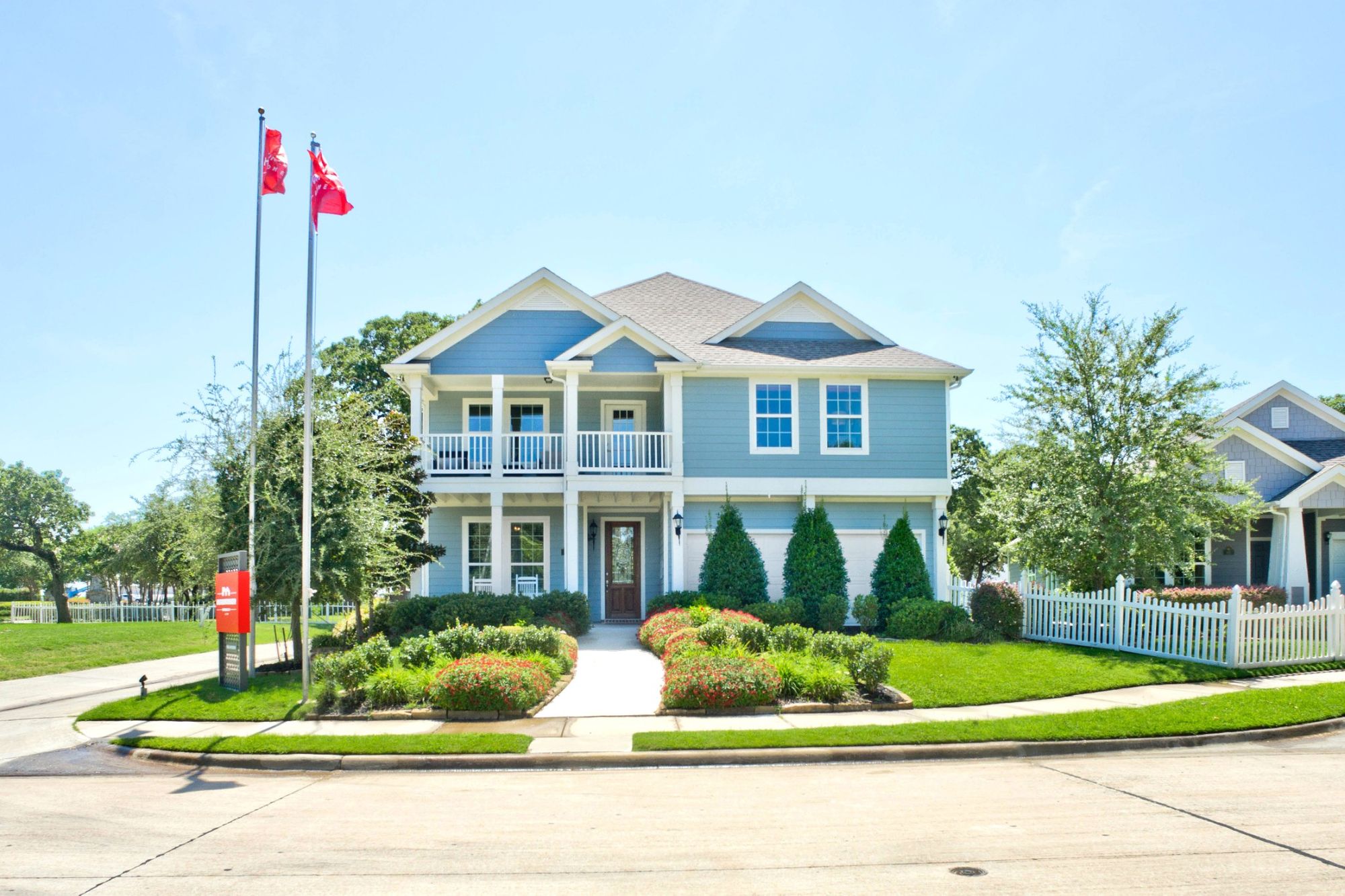What is a MUD Tax and why does it matter?
October 12, 2021
If you own a home in Texas, or you’re considering buying a new one, you’ve likely heard of the MUD tax. In this article, we’ll explain what a MUD is, why it’s a good thing for anyone looking for a new home in Texas, and exactly how much it costs.
What is a MUD?
MUD stands for Municipal Utility District, which is a subdivision of the State of Texas that is created to build infrastructure and provide services such as water, sewer, and stormwater drainage in areas where a city cannot provide them. A MUD might be created for a brand new community that sits just outside Houston’s public water services, for example.
How Does It Benefit Me?
MUDs allow for more neighborhoods to be built in Houston, Dallas/Fort Worth, and many of their surrounding areas. This means there are more opportunities for builders and developers to create new housing for families and individuals at a variety of price points.

How Are New Services Paid For?
MUDS are funded through bonds, or investments, made by the State of Texas and paid to the MUD to create the necessary infrastructure to provide water and sewer services to residents. Those bonds are paid off as the MUD collects taxes from residents of the community. This is known as a MUD tax, and is part of the homeowner’s property taxes.
How Much is the MUD tax?
The MUD tax can be up to $1.40 of total property taxes (property taxes typically range from $2.1 to $3.68 per every $100 of assessed value). So for a $300,000 home, the MUD tax could be as much as $4,200 per year. This is typically paid through escrow, so homeowners don’t have to worry about sending payments directly to the city.
MUD taxes will always be higher in a brand new development, because new infrastructure must be built. Then, over time, as the bonds are paid off, the MUD tax decreases. After 20-30 years, the MUD tax can be totally eliminated.
Who Oversees and Operates a MUD?
A MUD is governed by the Texas Commission on Environmental Quality (TCEQ) which makes sure all activities, services, and infrastructure are in line with local and state regulations. The MUD is operated by a board made up of five members. Initially, the members are appointed by the TCEQ, then, as the community grows, residents can run for the board. Property owners within the MUD communities have voting power and can elect board members for four-year terms. Every MUD must also have consultants such as an engineer, attorney, financial advisor, and an operator.
If you have any questions about MUDs or the MUD tax in any HistoryMaker Homes community, feel free to contact us.
Connect With Us
- Categories
- City (24)
- Communities (13)
- Design (13)
- Featured Story (7)
- Home (35)
- News (41)
Recent Posts
Moving to Corinth, TX: Discover the Best of Texas Living
Building Dreams: How HistoryMaker Homes Achieves a 94% Customer Satisfaction Rate
Top 5 Reasons People are Flocking to Royse City, TX | HistoryMaker Homes
Archives
